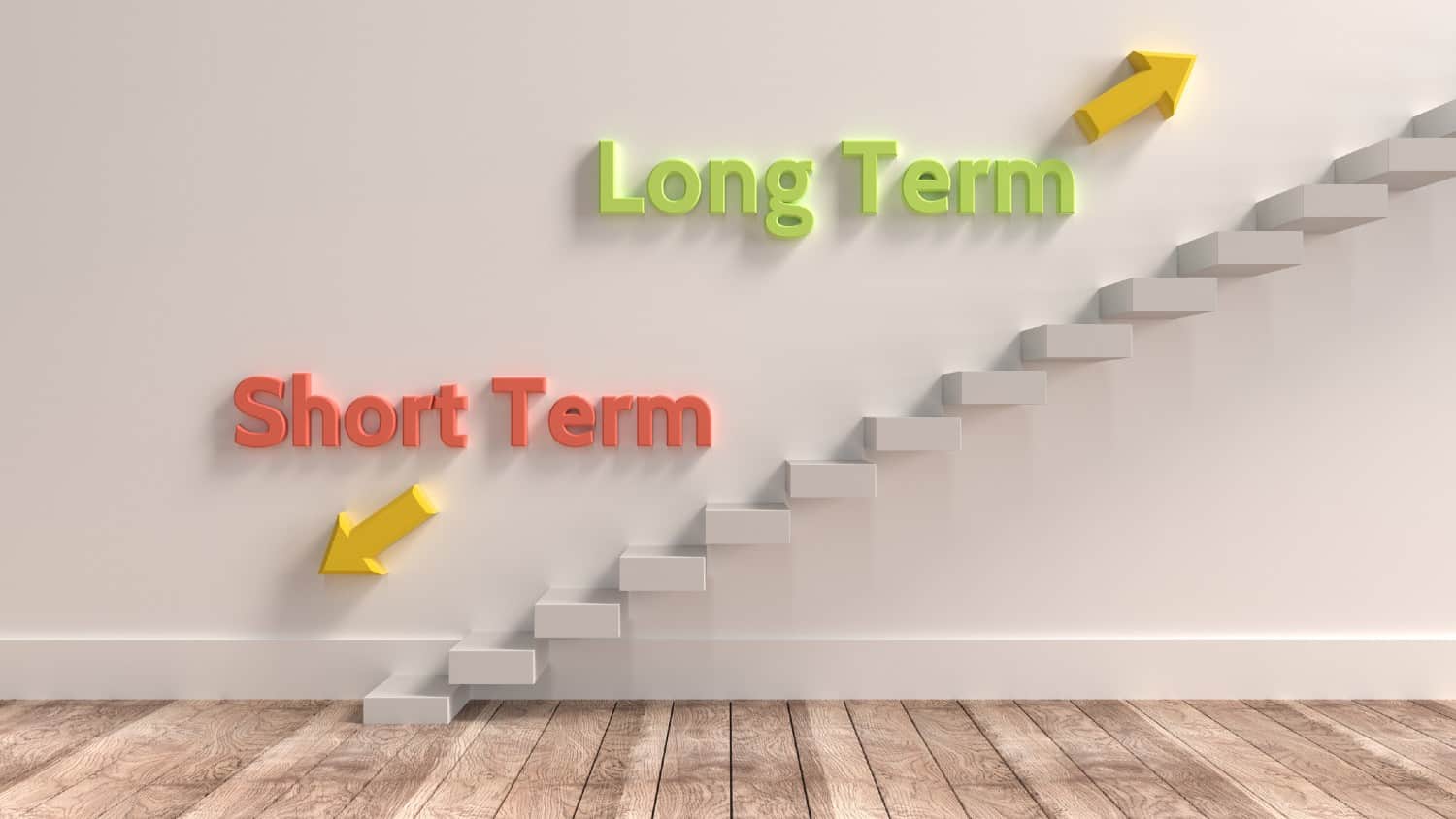When I first began reading about investing in equities (around 2015), I was discouraged to find out that high single-digit returns, or even double-digit returns, were not sufficient in generating an income stream quickly. What I failed to understand was the time element: in time, due to the compounding effect, small sums of money can become significant passive income streams.
Expected returns
The average annualised rate of the S&P 500 index since its inception in 1928 to the end of 2021 has been c.11.8%. Throughout this period, there have been many ups and downs. Sometimes these movements were quite drastic, like during the oil crisis in the 1970s and, closer to our times, the global financial crisis of 2007-08.
However, going forward, most economists and professional investors expect equity returns from developed markets, not just the US, to decline. As such, in my view, it would not be pragmatic to expect an annualised return that mirrors the past. Rather, a more down-to-earth 7% is what most research is suggesting that investors should expect.
Consequently, I am going to use 7% as the rate at which I will compound my savings, starting from £30 per week for the next 30 years.
The power of compounding
If I invest £30 per week, or £120 per month, in 30 years, I will see my balance grow from £1,440 in the first year to nearly £160,000 by the time I am 60. According to the Office for National Statistics, the average UK salary in 2021 was £38,131 annually, resulting in a roughly £2,400 net monthly income. As such, with just 5% monthly savings, I can build a passive income stream of about £160,000 in 30 years.
If I double the monthly savings to 10%, or £60 per week, then the passive income stream in 30 years would be closer to £318,000 – nearly a third of a million pounds. Remember: this can, in theory, be achieved just by buying and holding an equities index in a developed markets region, like the US.
Even with just £10 a week, the results are not that bad, thanks to the power of compounding, resulting in a passive income stream of c.£53,000. Of course, the more I save an invest each week, the bigger my income will be during retirement.
The key lesson
The core message of this mathematical exercise is to show investors that these savings need not be excessively high – the average savings rate in the UK is about 8.8% per year or £2,112 on the annual average salary mentioned above. Investing this sum of money at a compounding annual rate of return of 7%, gives me an estimated £276,000 pot of money to use as income in 30 years.
As such, I believe that building a good passive income stream for retirement is possible even with very little initial capital, due to the power of compounding.








